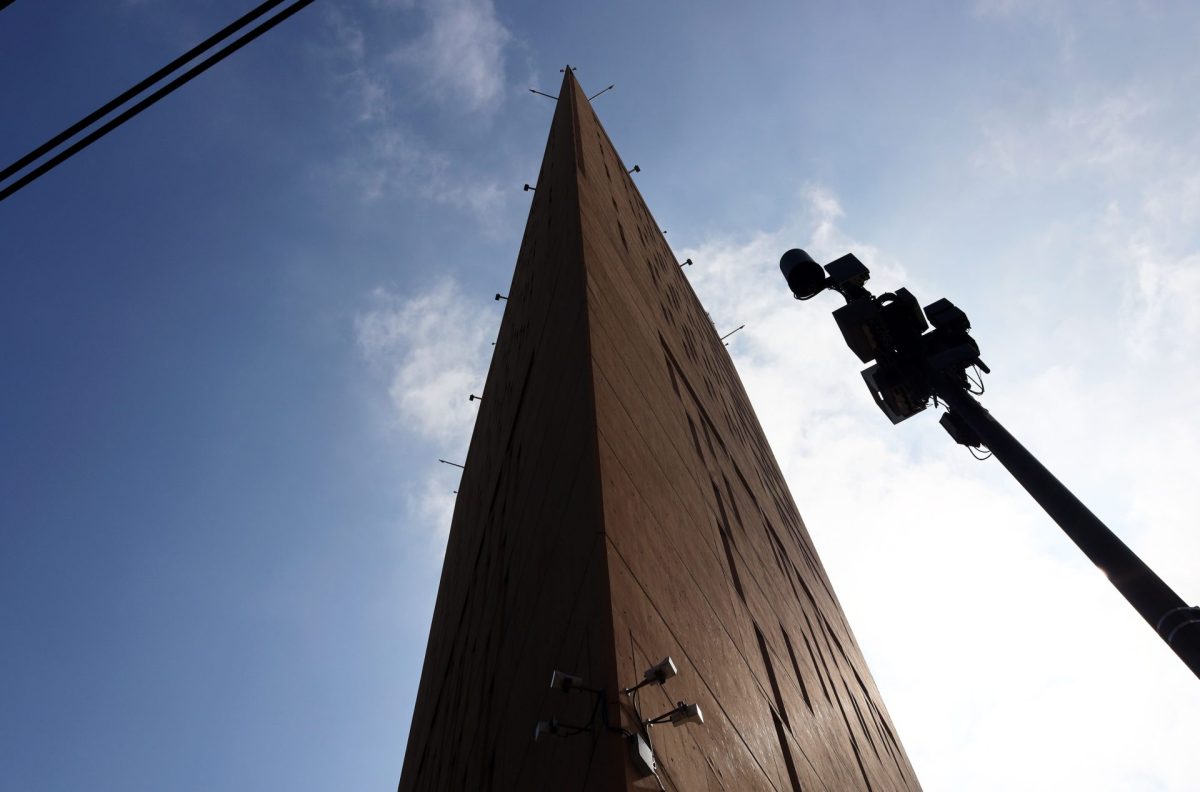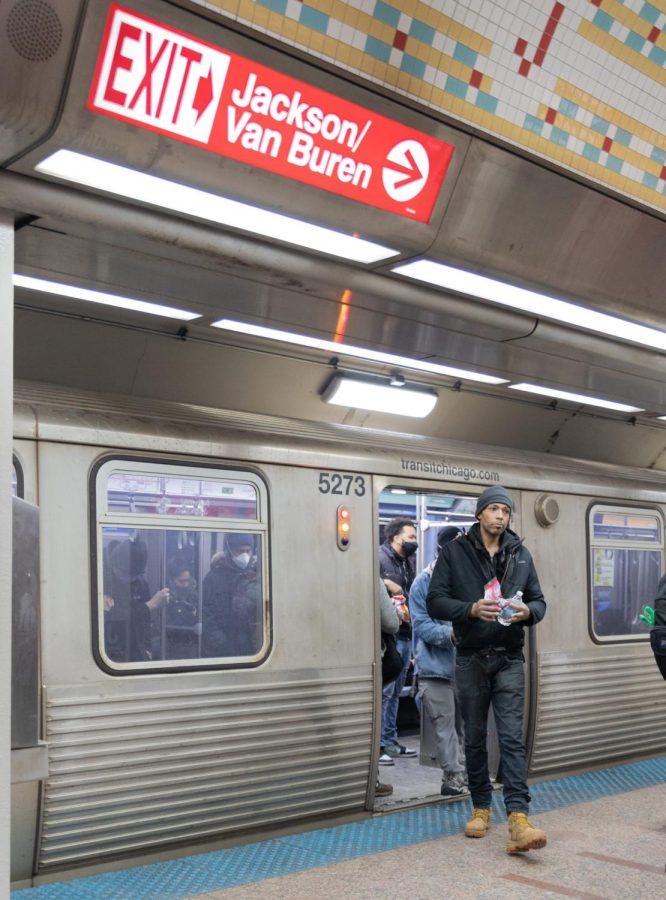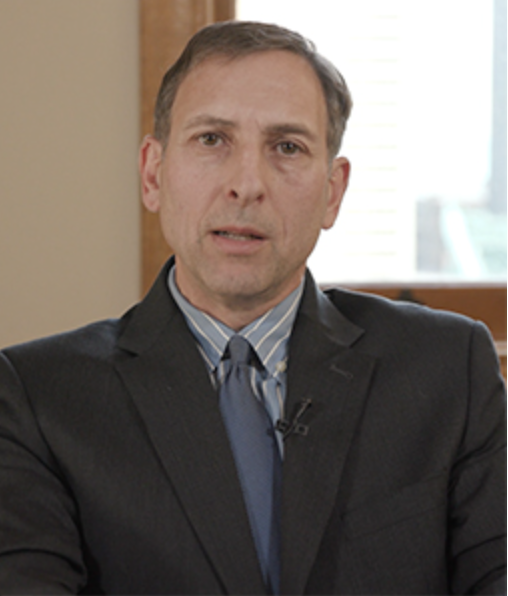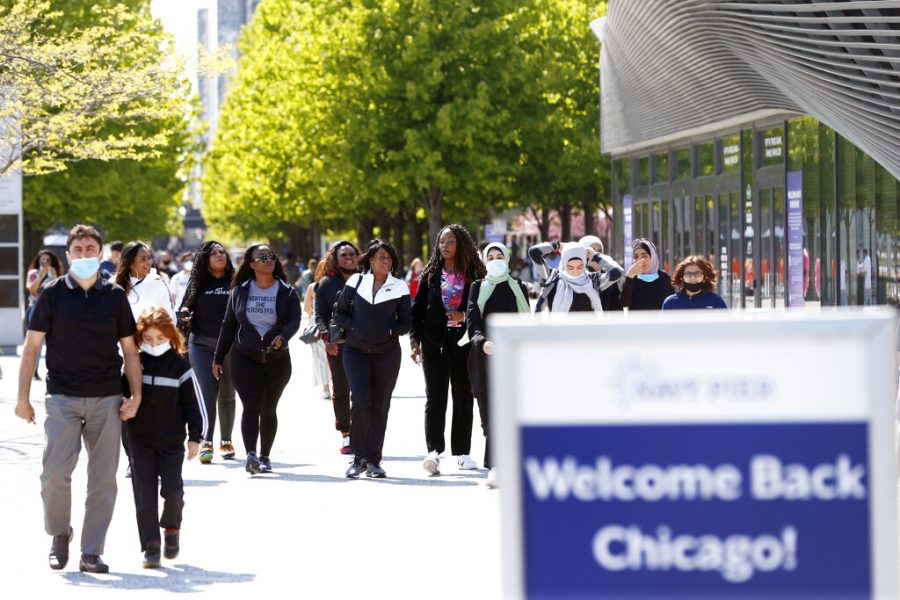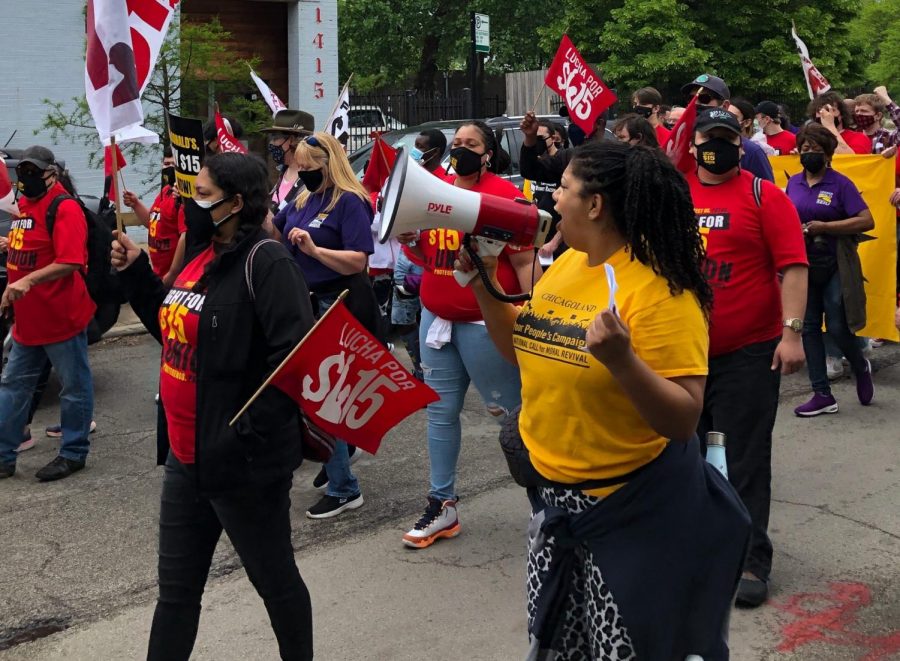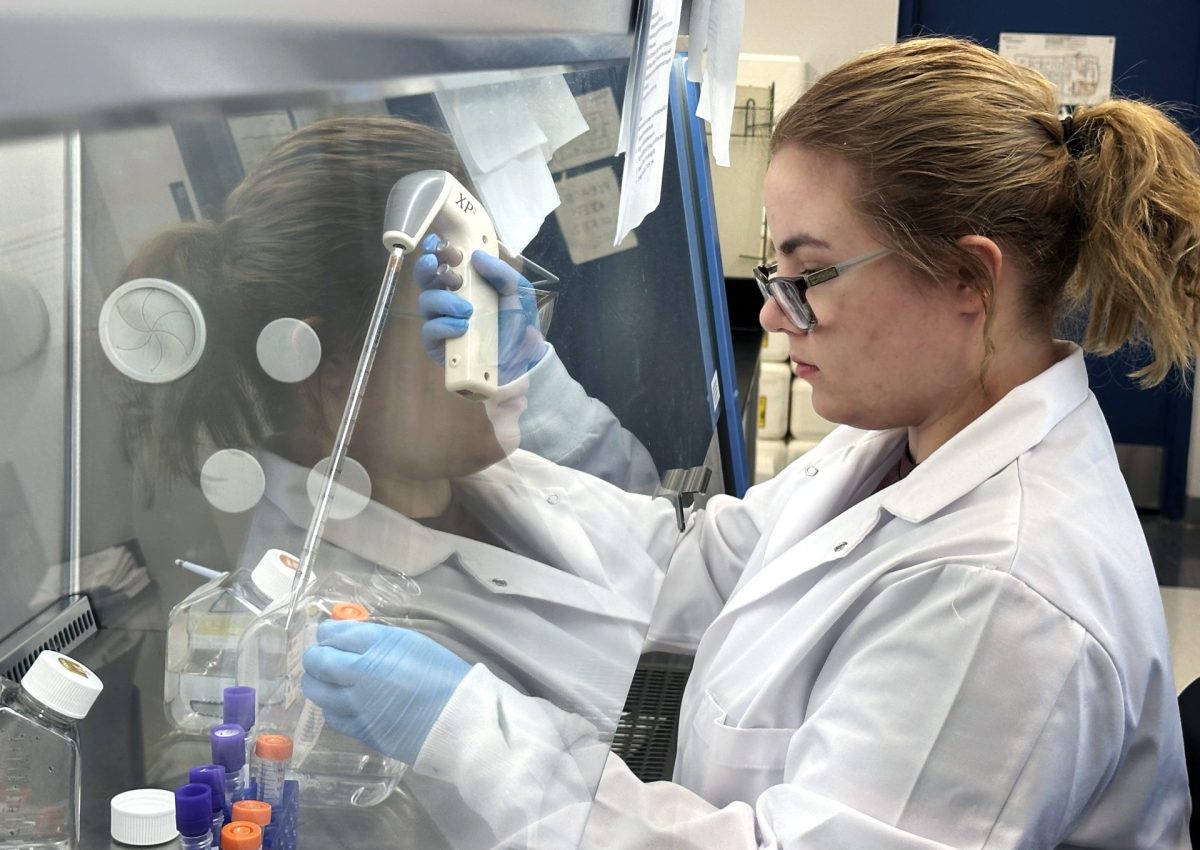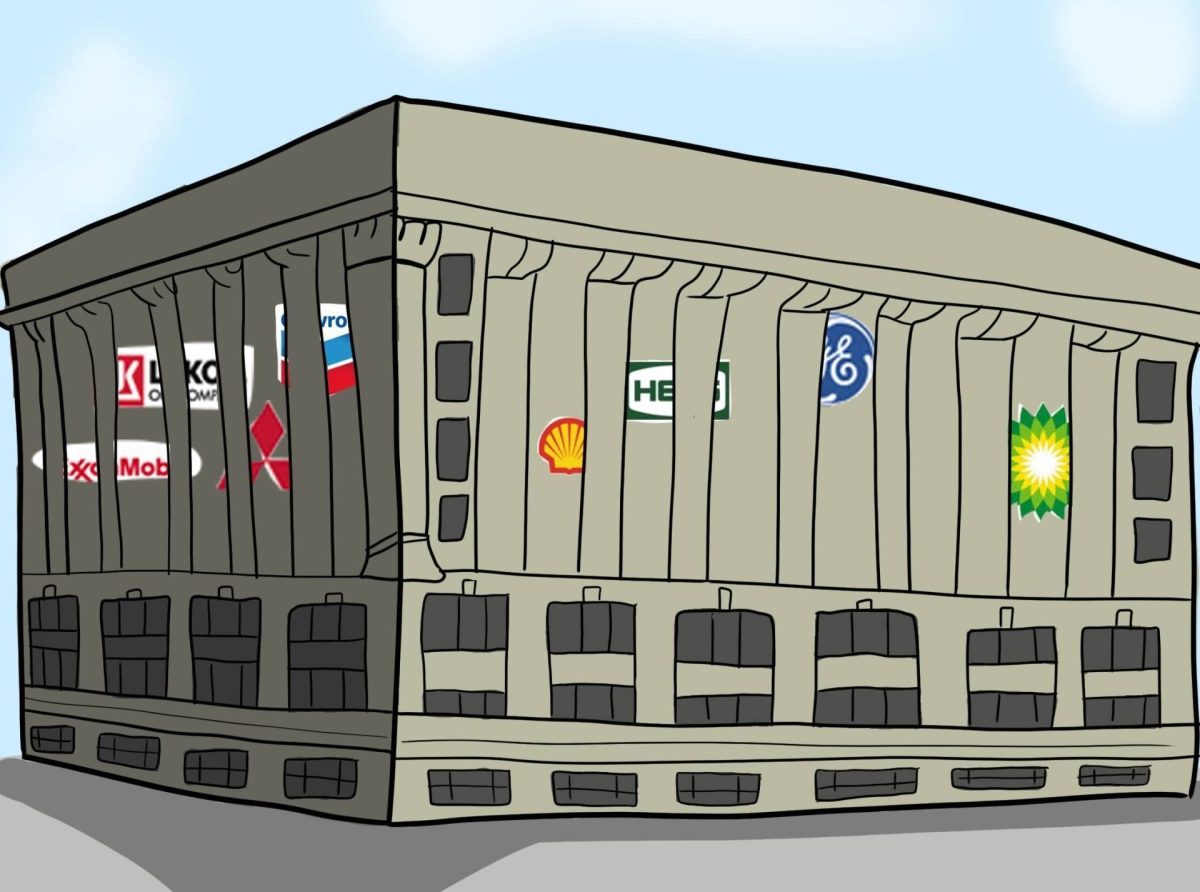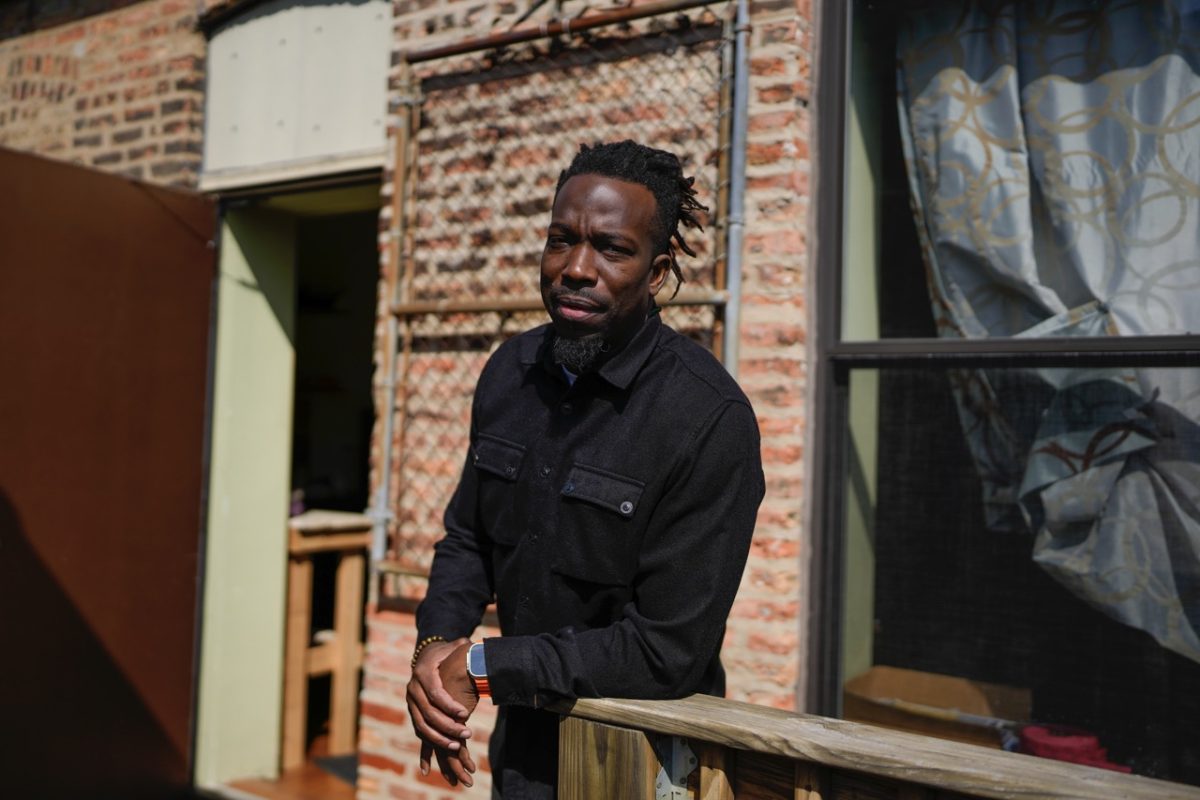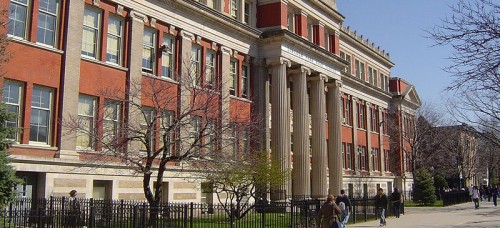
After a historic mayoral election when Chicago Public Schools (CPS) was the center of debates across Chicago, the school district has sparked controversy on a host of issues, which many Chicagoans find threatening to the education of students and the livelihood of their teachers.
Respondents said the biggest challenge re-elected Mayor Rahm Emanuel will face in his second term will be to reform the public school system amid a massive $1.1 billion budget deficit, controversy between public and charter schools and an expiring contract with the Chicago Teachers Union (CTU).
“I believe education is the key,” Lawrence Whaley, a Chicago resident who receives disability payments, said. “If you’re in school, you don’t have to go out killing people.”
During his successful re-election campaign, Emanuel promised to improve public education by expanding pre-kindergarten programs and creating better neighborhood schools.
CPS currently a $1.1 billion budget deficit, much of it accumulated as the city delayed making payments to the funds dedicated to employees’ pension.
Harold London, an education professor at DePaul University, accredited the deficit to overspending.
“The reason the budget deficit exists is they have made commitments to things they didn’t have the resources for,” he said.
To curb the increasing deficit, Emanuel closed 49 public schools in 2013 that were thought to be underperforming and too expensive. The 11,000 children from these schools were sent to schools that officials said were “higher performing.”
However, the students now have to travel farther and sometimes cross dangerous gang boundary lines to get to their new schools, but their academic performance is better than before, according to a University of Chicago study.
“Chicago is not a bad place to live, it’s just certain parts that make it very difficult to live in,” Lynn Brookins, an Englewood resident, said. Brookins said that some people, including students, had to go to safer neighborhoods to have a good time.
Most of these schools were in poor African American and Latino neighborhoods. According to the CPS website, 45.6 percent of students in Chicago’s public schools are Latino, 39 percent are African American and 9.4 percent are white.
As an alternative to public schools, Emanuel supports the expansion of charter schools. Funded by taxpayers but run by private companies, charter schools can be less expensive to run and have more flexibility in how they teach students. Public schools, on the other hand, must comply with rigid requirements and compromise with teachers unions.
“The idea behind charter schools is to run schools like a business,” Kevin Kaufman, a DePaul graduate and history teacher for Chicago Public Schools, said. “If you look at the members of the school board, most of them haven’t been teachers before. They don’t know how education works, like the teaching.”
According to the CPS website, the Chicago school district currently funds 661 schools, which educate about 400,000 students. Of these schools, 522 are public and 131 are charter. The 49 schools closed in 2013 were all public schools.
“He’s closing schools,” Whaley said, referring to Emanuel. “He wants to make private schools because that’s what his backers want.”
“Emanuel’s agenda has always been to provide opportunity for people who support him,” London said. “Many of the charter school’s operators are his supporters.”
The contract between the school district, led by Emanuel, and the Chicago Teachers Union will expire in June, pressing both sides to the negotiating table. The previous three-year contract was forged after 350,000 teachers and their supporters went on strike for seven days.
Most of the same issues remain between the two sides, such as underfunded pensions for retired teachers, long working hours and assessment exams made to weed out underperforming teachers.
While CPS teachers are often under pressure from inadequate pay and lack of classroom materials, they are “some of the most incredibly talented teachers you’ll ever come across,” Marc Wigler, an education professor at DePaul University, said.
“There are a tremendous amount of wonderful teachers that teach at all parts of the city. Devoting, hardworking, caring teachers.”


